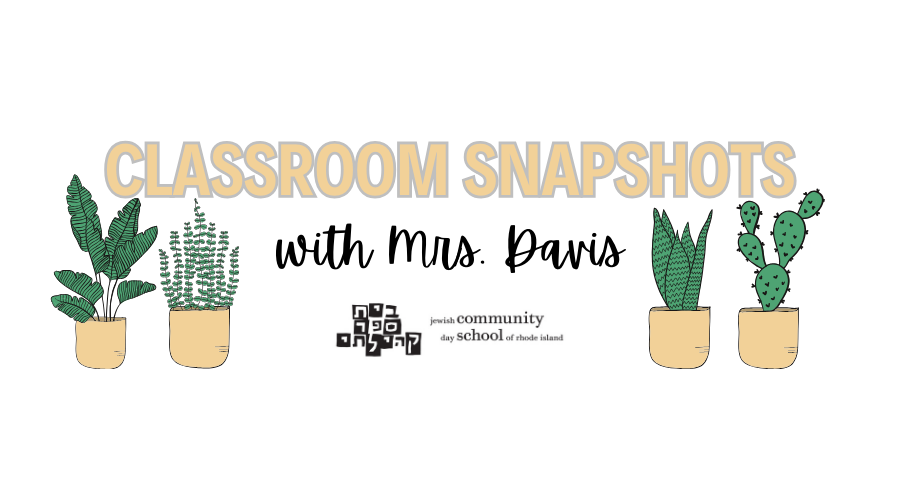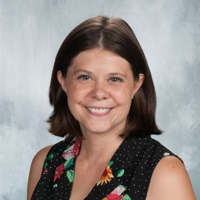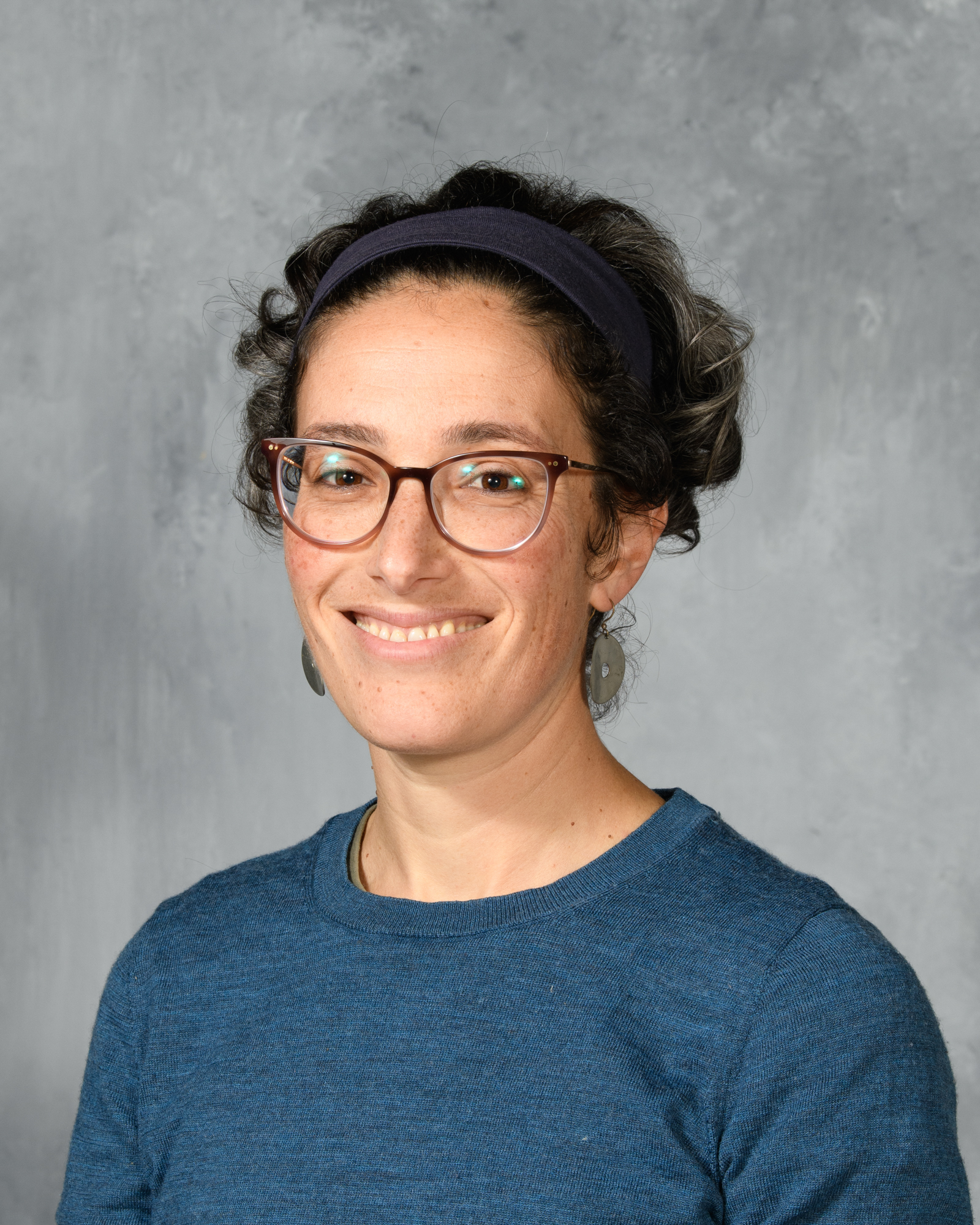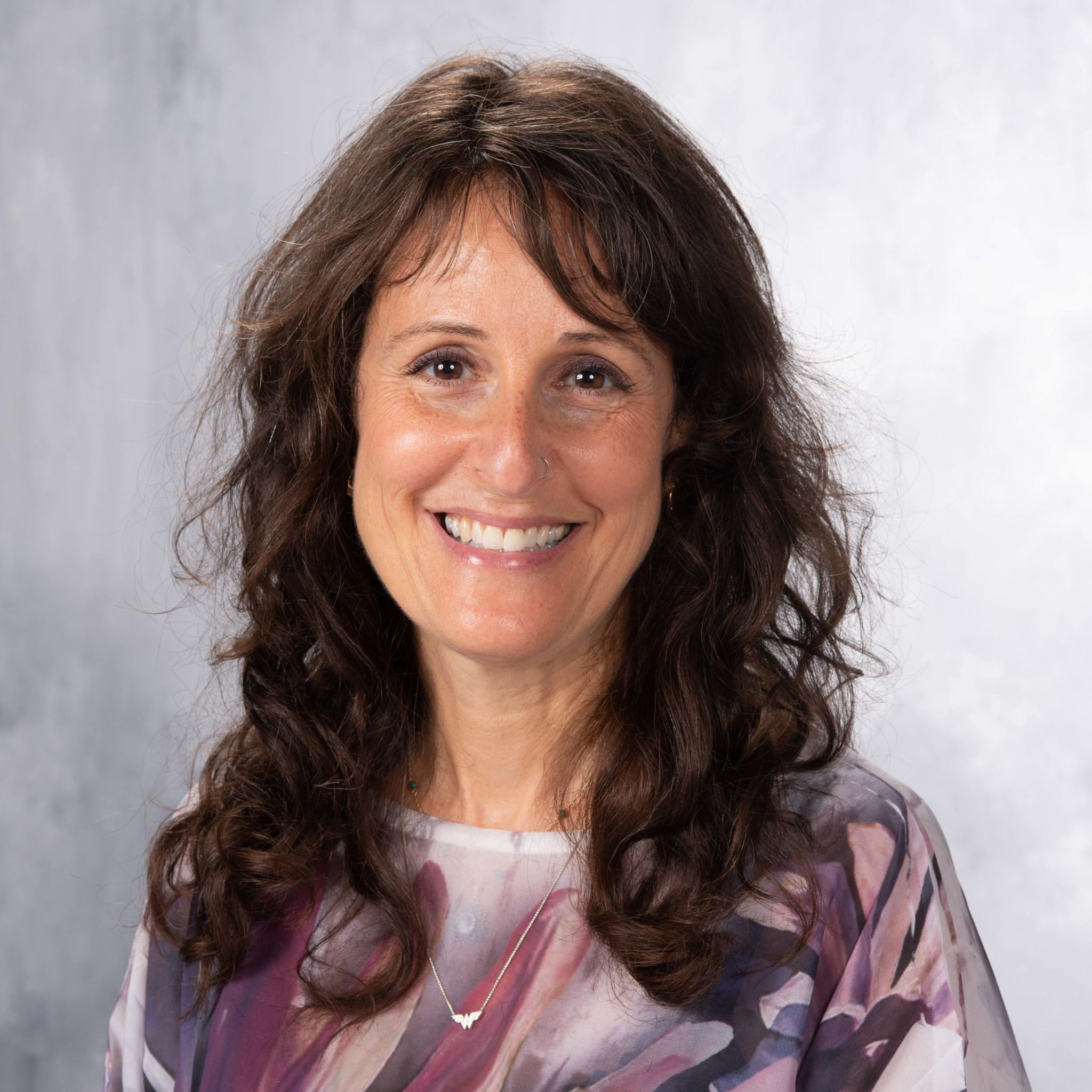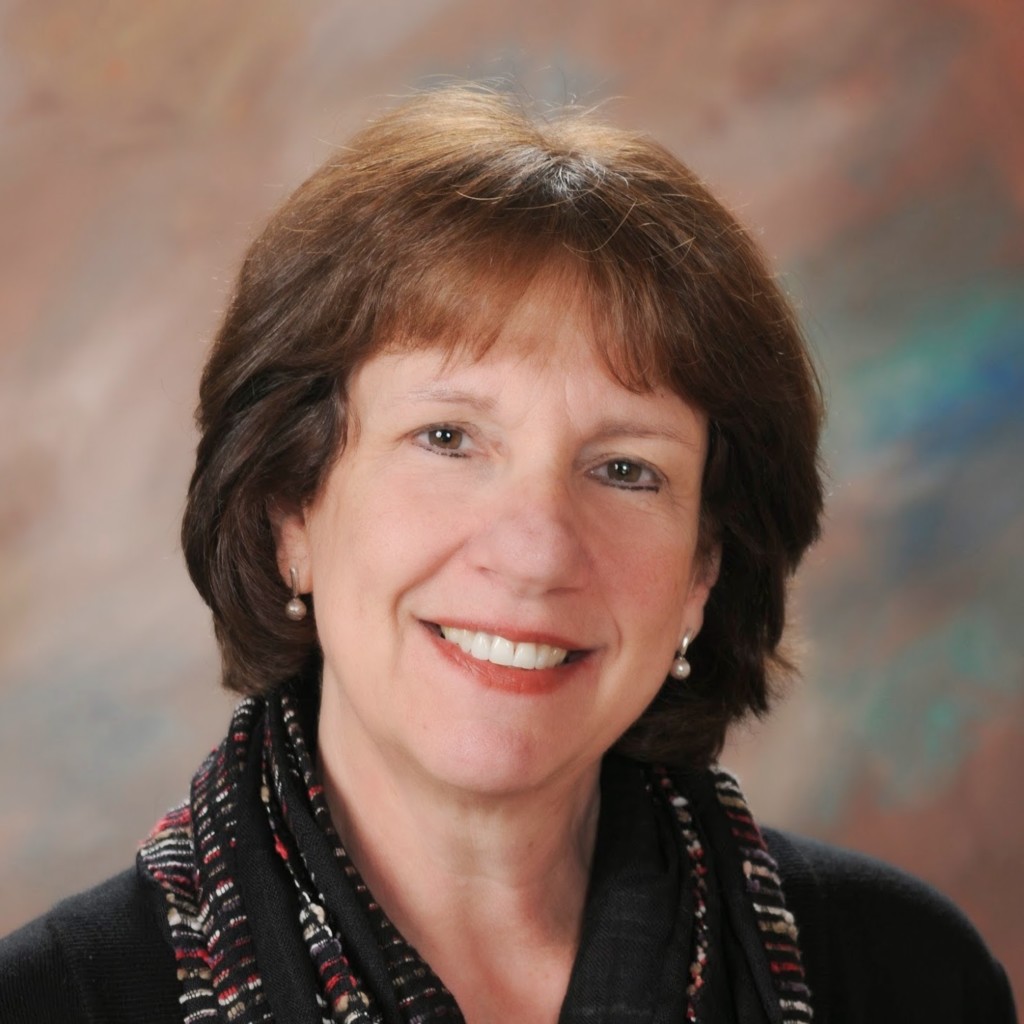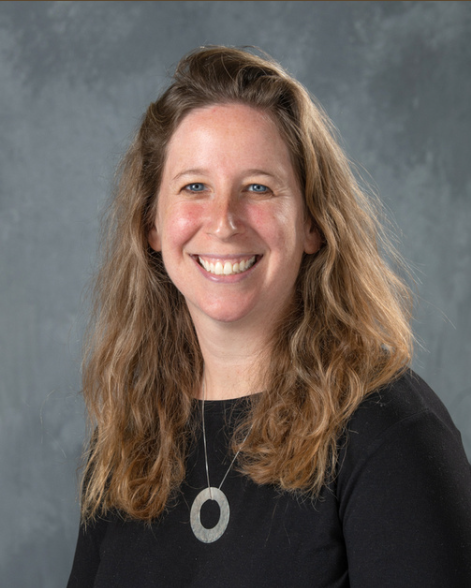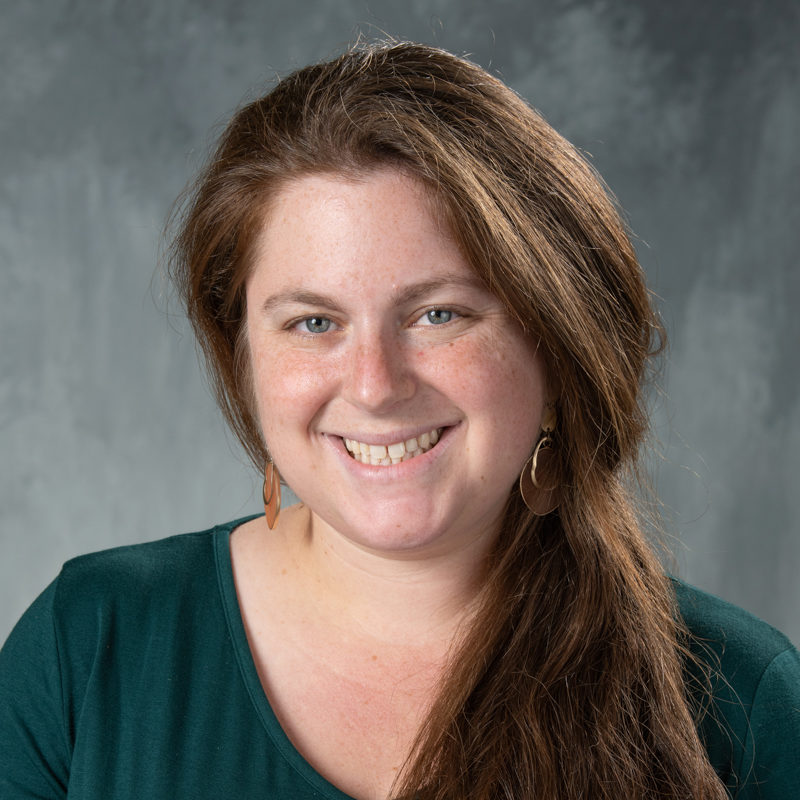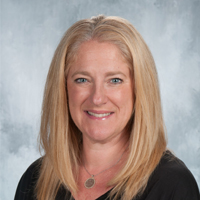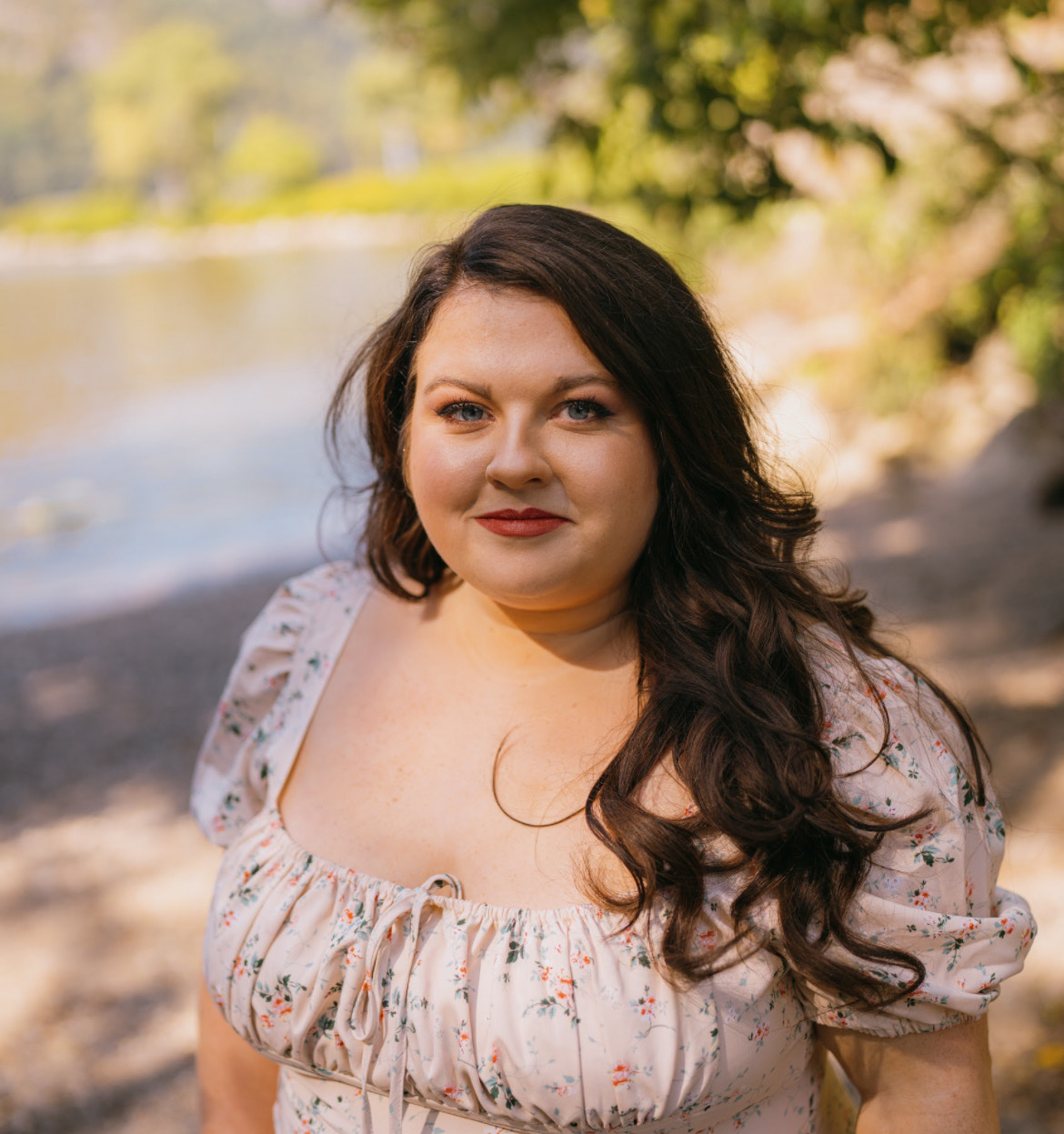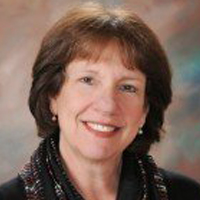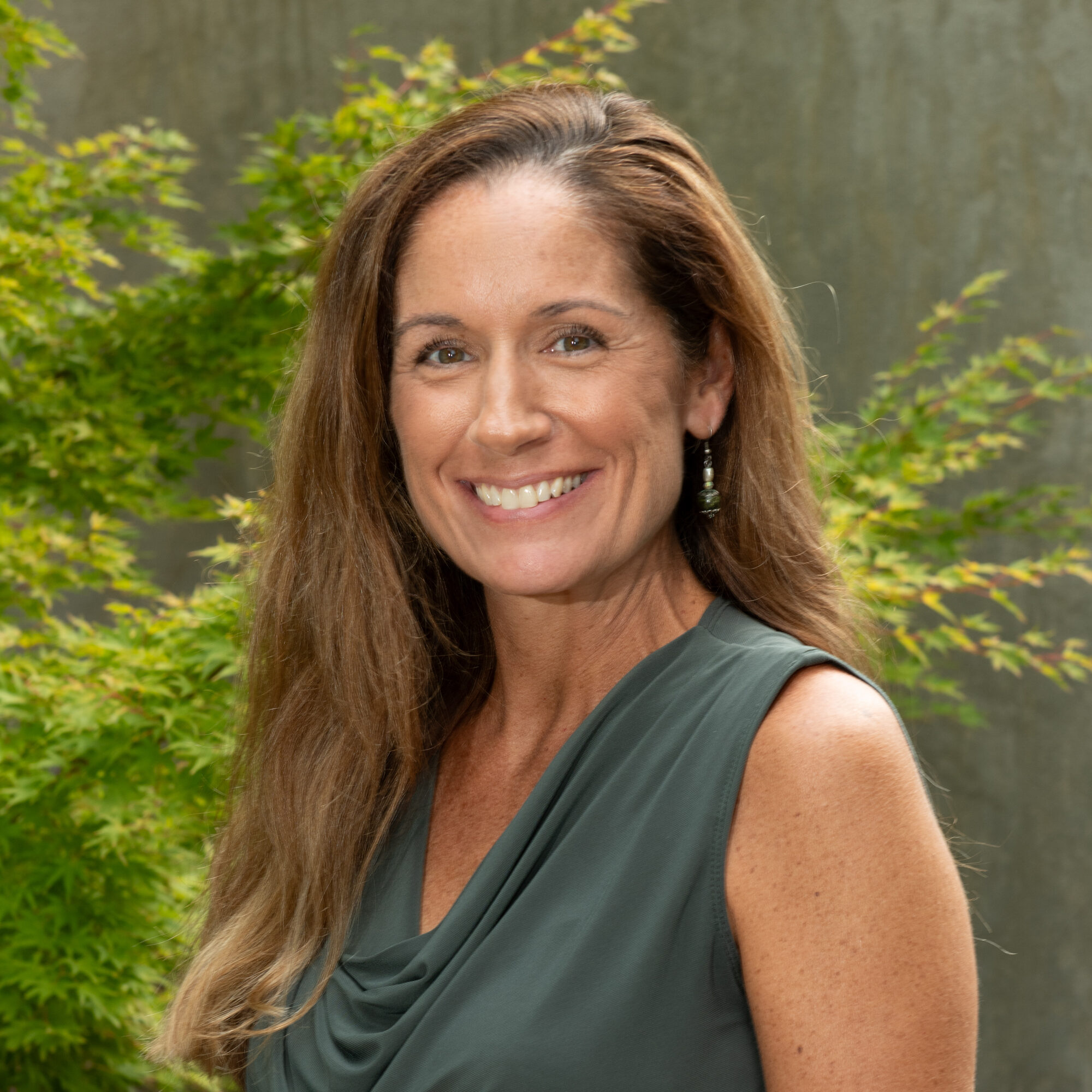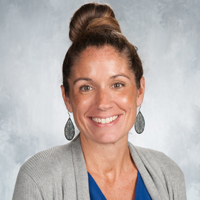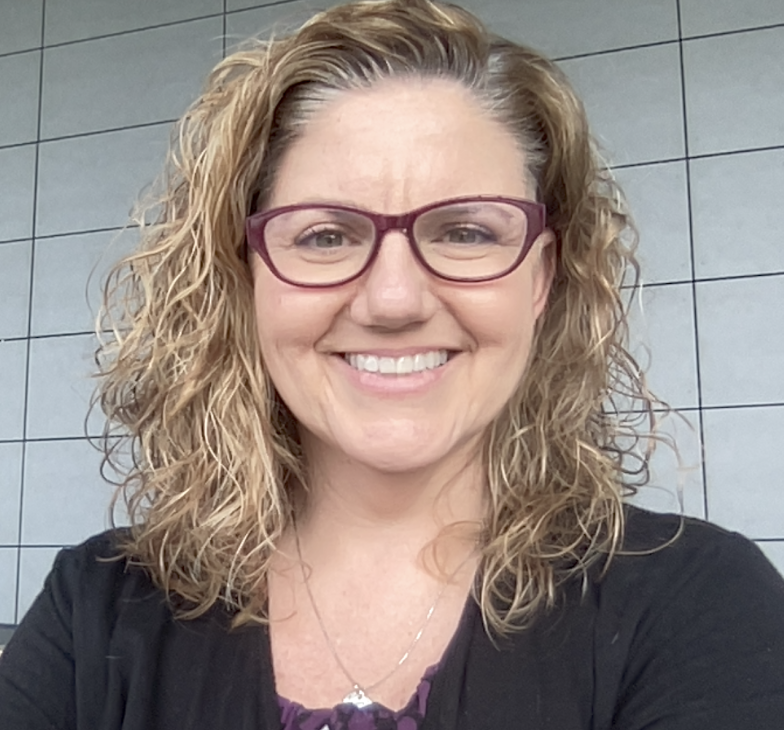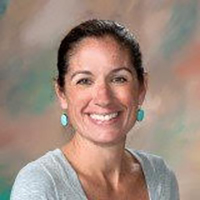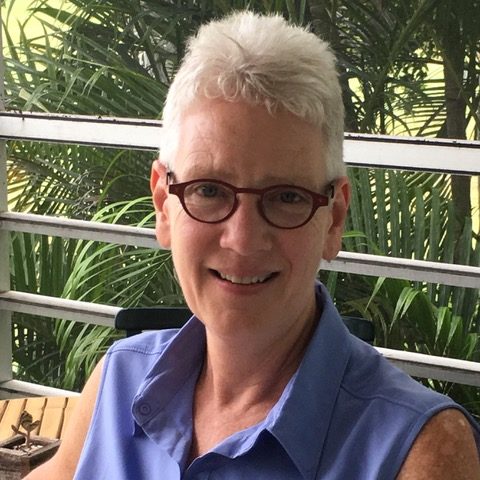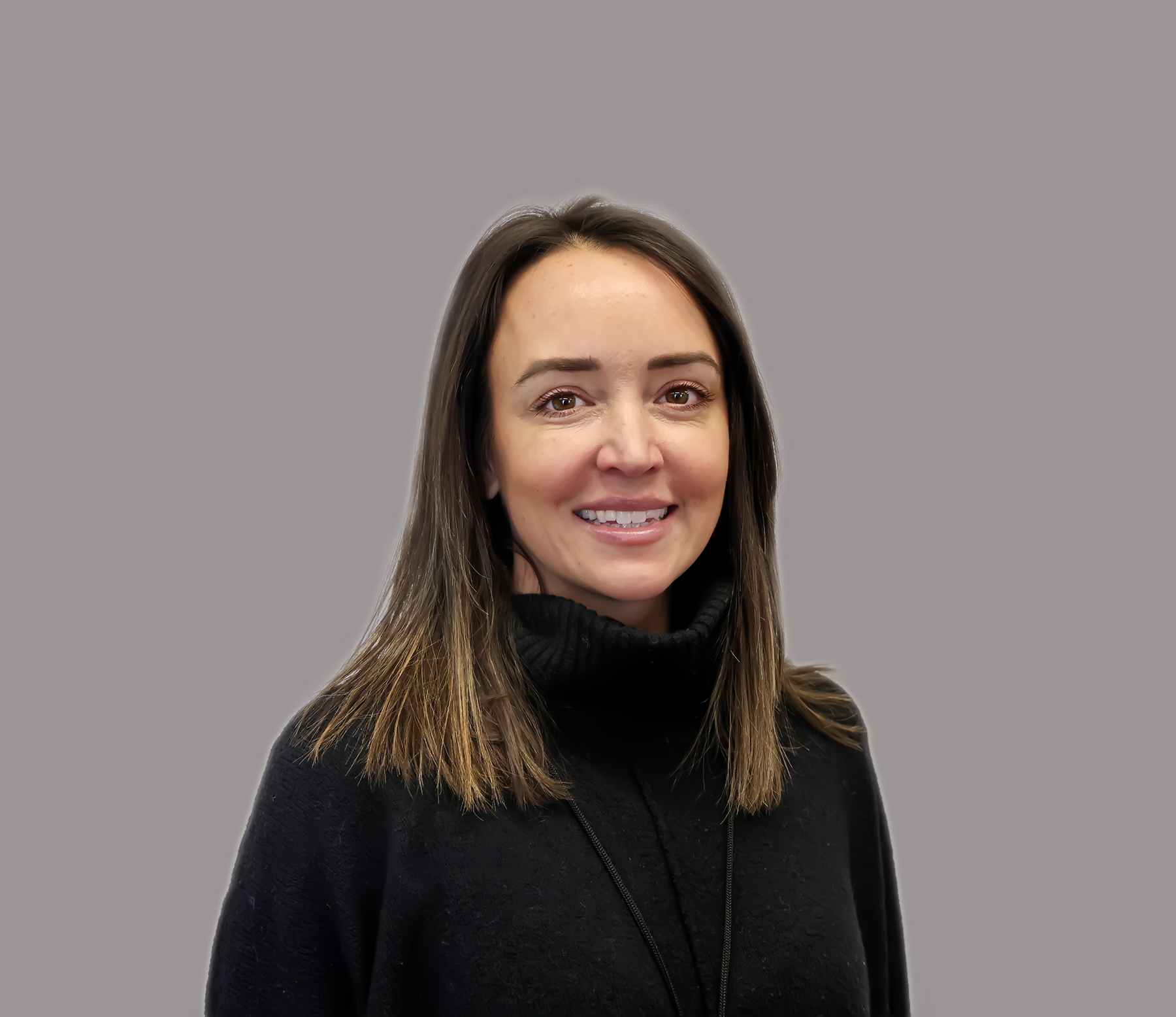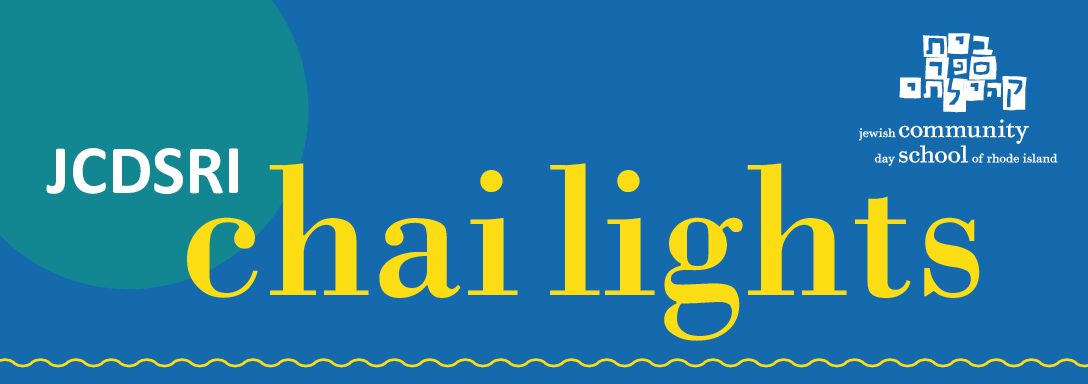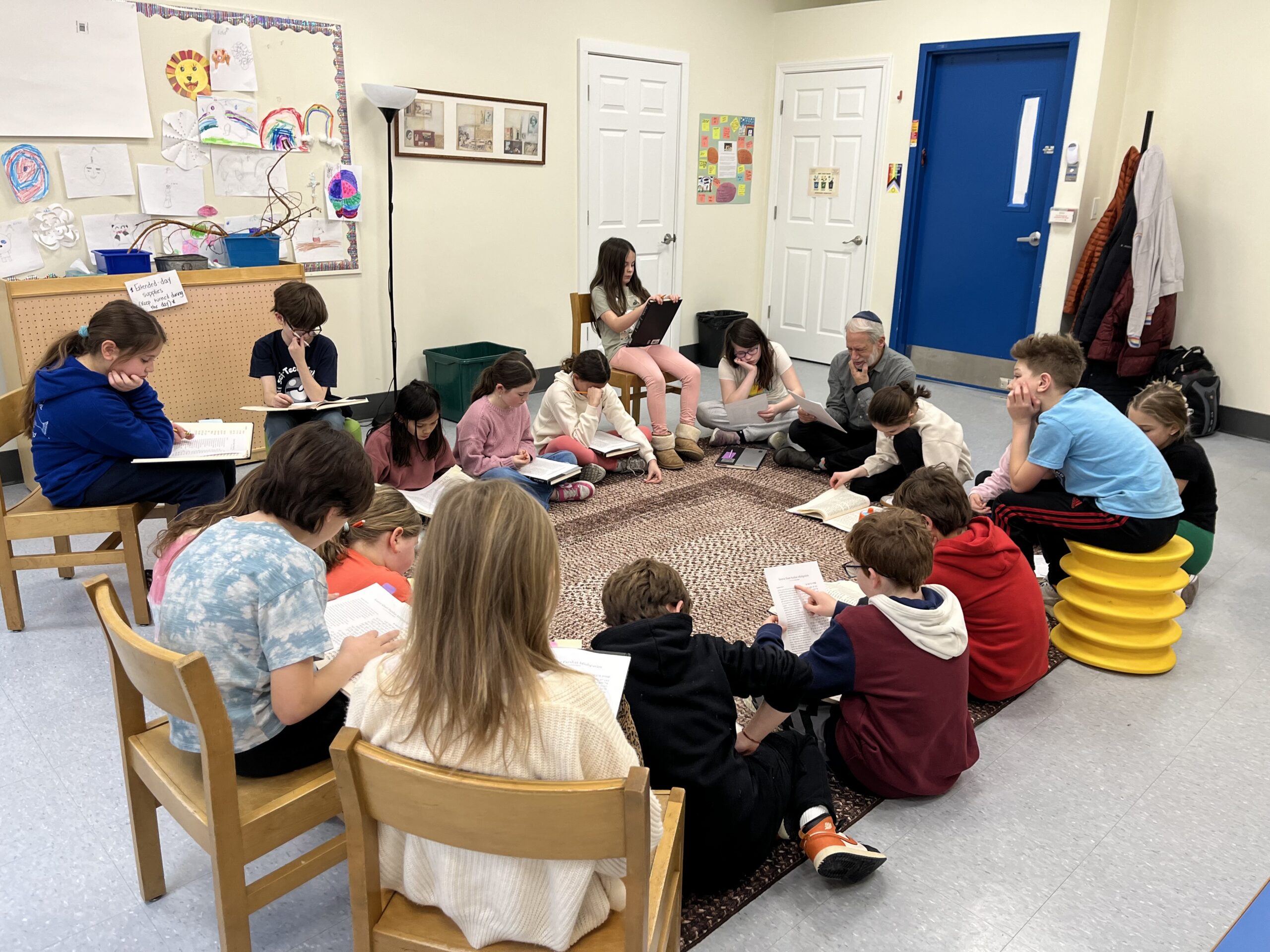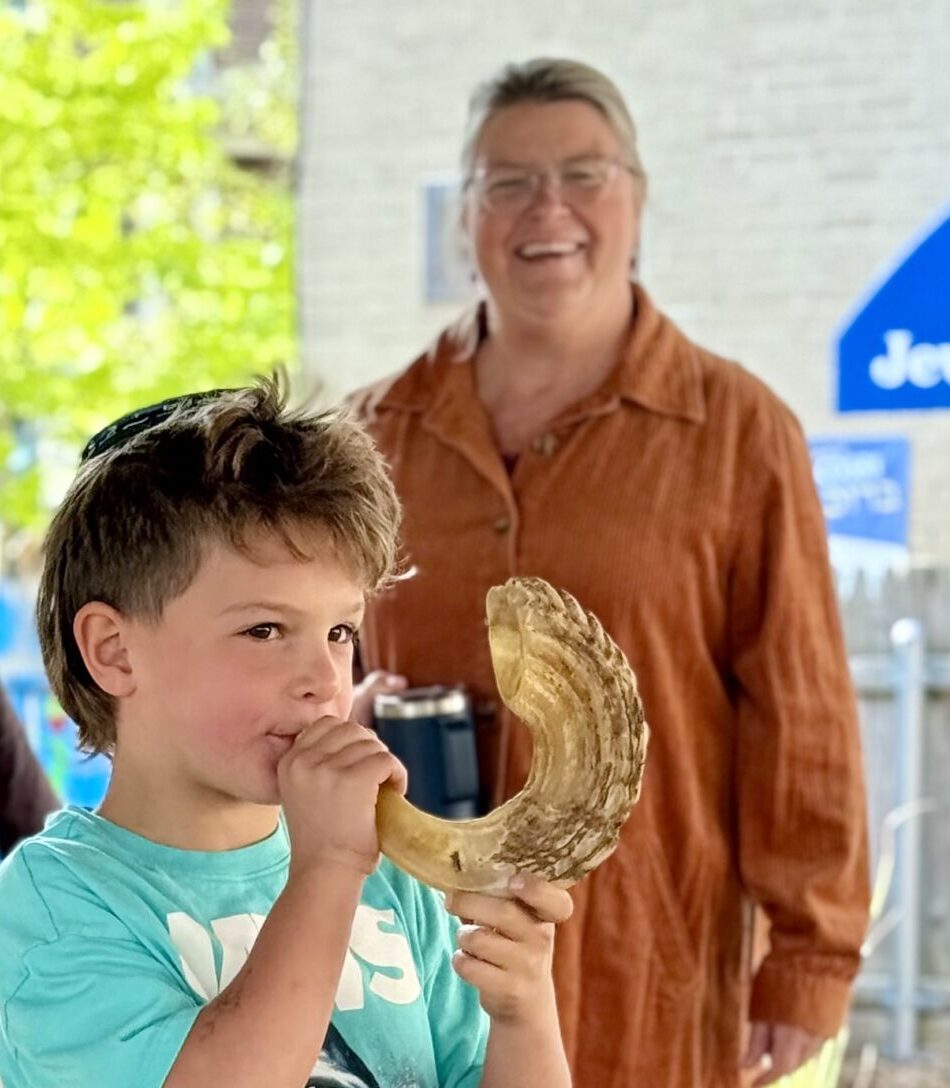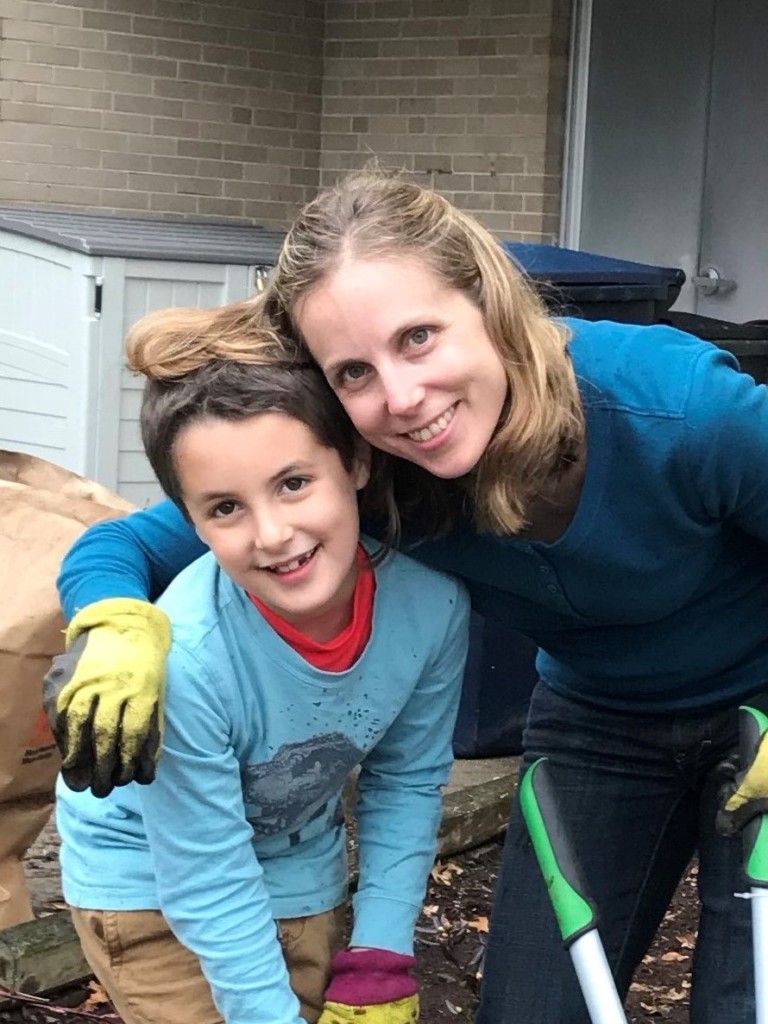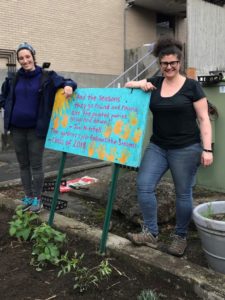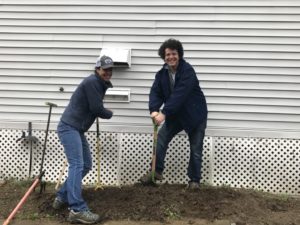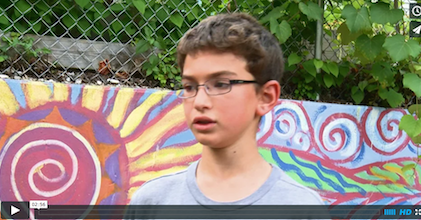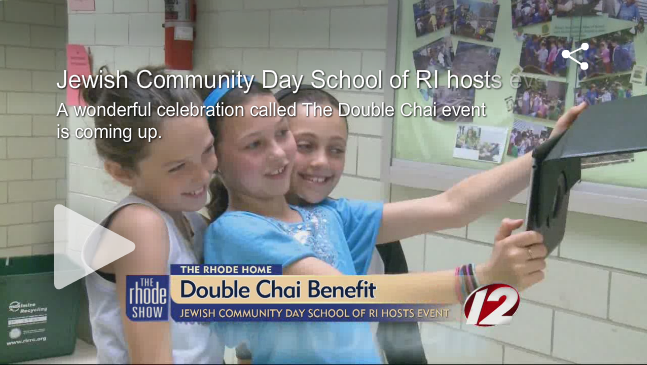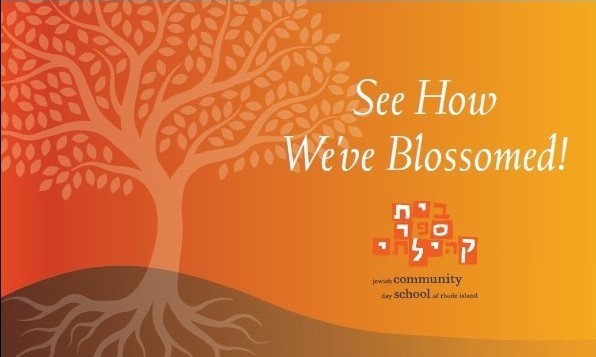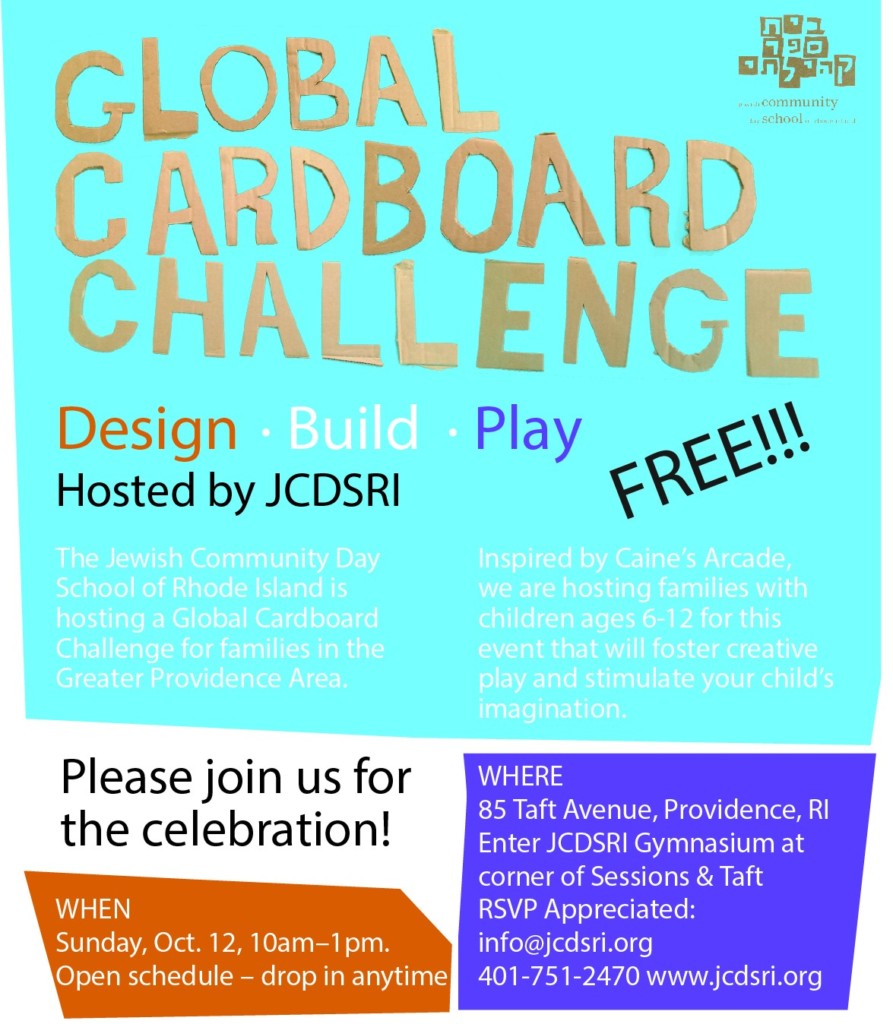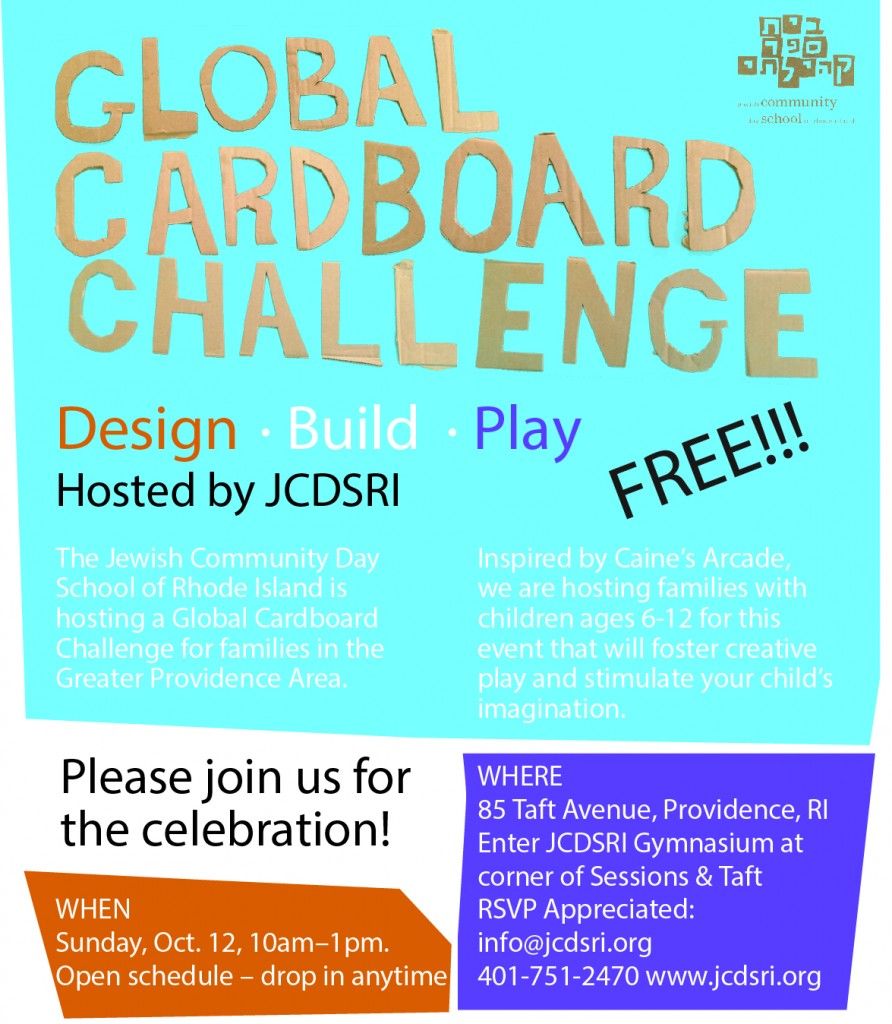Learning With Intention: How Positive Discipline Shapes Our Classrooms at JCDSRI
At JCDSRI, we believe that mathematics is not just about finding the right answer. It is about developing deep understanding, confidence, and joy in the process of problem solving. Our approach to teaching math reflects our broader educational philosophy:
Every child learns differently.
Curiosity and persistence are essential to growth.
Learning should be both rigorous and meaningful.
One of the cornerstones of our math curriculum is Singapore Math, a program designed to build a strong foundation in number sense, conceptual understanding, and flexible thinking. Rather than emphasizing rote memorization, Singapore Math encourages students to understand why mathematical ideas work. This allows them to apply their understanding to new and complex problems.
From our youngest learners through fifth grade, our math program follows a clear and intentional progression. In our three and four year old classrooms, children engage in math through play by sorting, patterning, counting, and exploring spatial relationships. These early experiences spark curiosity and help children see themselves as capable mathematicians. As students move through Kindergarten and the lower grades, they begin to explore addition and subtraction conceptually, using manipulatives and drawings to represent their thinking. By third through fifth grade, students engage with more abstract ideas such as fractions, decimals, and multi-step problem-solving while continuing to use visual models and reasoning strategies that connect back to their early learning.
Throughout this journey, our teachers design lessons using the framework of Universal Design for Learning (UDL). By providing multiple ways for students to access, engage with, and express their mathematical thinking, we ensure that every child can participate meaningfully. Some students might represent ideas with blocks or number lines, others through drawings, and others through oral explanations or writing. This flexibility supports competence, confidence, and the joy of learning for all students.
In our classrooms, you will see students collaborating to solve real-world problems, explaining their reasoning to peers, and celebrating that “aha” moment when a new idea clicks. You will also hear teachers asking, “How do you know?” This question pushes students to articulate their thought process, reflect on their strategies, and learn from mistakes. This approach mirrors our belief at JCDSRI that learning is about process, persistence, and community, not just product.
For example, last year in third grade, students became entrepreneurs and mathematicians as they designed menus for their own classroom stores, creating price lists and menus for their products. Through this project, they applied their understanding of money, addition, subtraction, and problem-solving in meaningful ways while using Singapore Math strategies such as visual models, reasoning, and flexible thinking. Using the UDL framework, teachers designed multiple pathways for success. Students had choice and voice in how they demonstrated their understanding: some created colorful printed menus, others designed digital versions, while a few recorded short “commercials” to promote their shops. Each student engaged with math concepts through hands-on exploration, collaboration, and reflection.
We are proud of the way our math program reflects our school values of intellectual curiosity, perseverance, and joyful learning. As we nurture mathematicians from preschool through fifth grade, we are not only teaching numbers. We are helping children develop habits of mind that will serve them for a lifetime.
Mrs.Davis
JCDSRI Principal
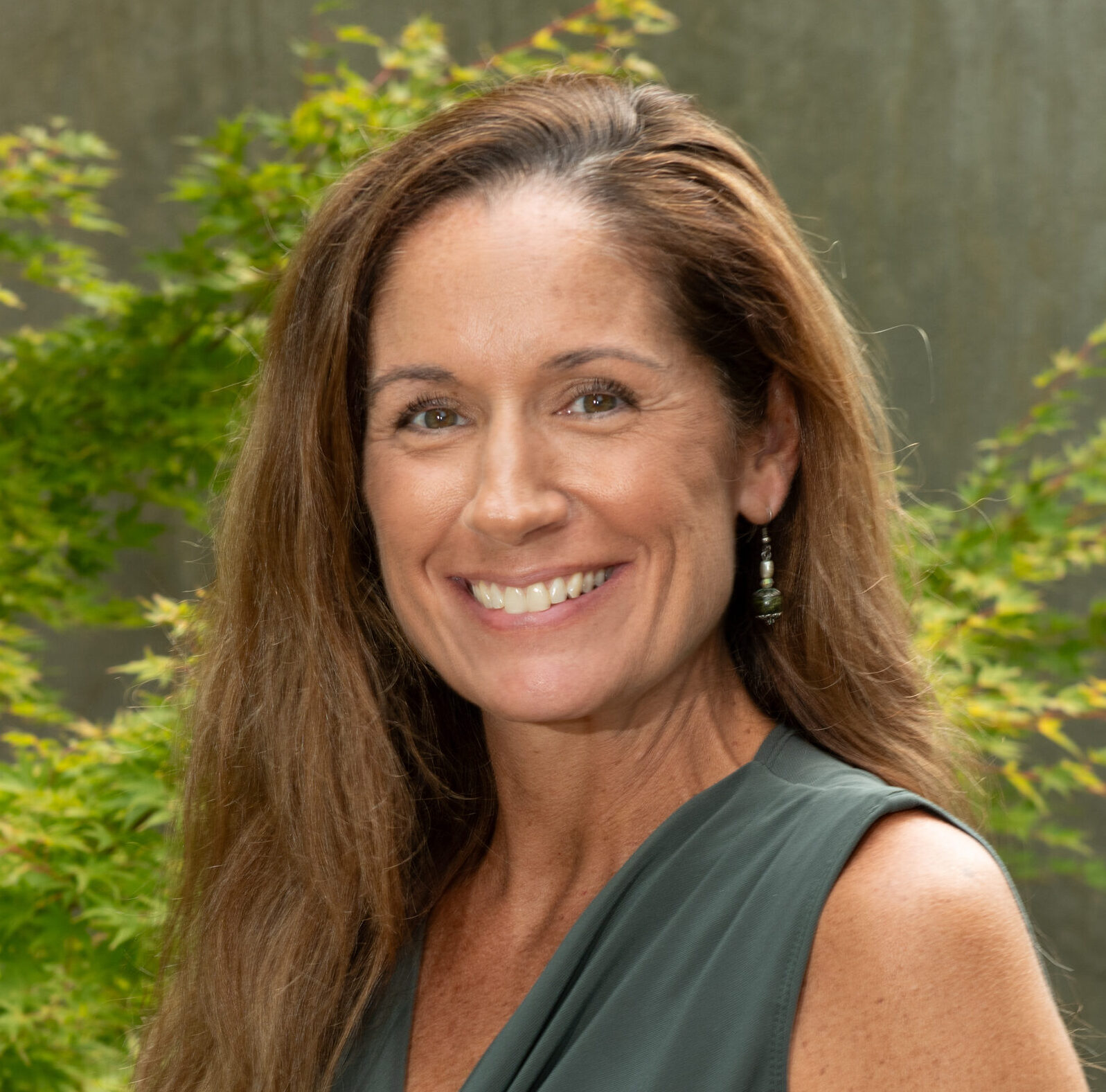
Mathematics as a Journey, Not Just an Answer
At JCDSRI, we believe that mathematics is not just about finding the right answer. It is about developing deep understanding, confidence, and joy in the process of problem solving. Our approach to teaching math reflects our broader educational philosophy:
Every child learns differently.
Curiosity and persistence are essential to growth.
Learning should be both rigorous and meaningful.
One of the cornerstones of our math curriculum is Singapore Math, a program designed to build a strong foundation in number sense, conceptual understanding, and flexible thinking. Rather than emphasizing rote memorization, Singapore Math encourages students to understand why mathematical ideas work. This allows them to apply their understanding to new and complex problems.
From our youngest learners through fifth grade, our math program follows a clear and intentional progression. In our three and four year old classrooms, children engage in math through play by sorting, patterning, counting, and exploring spatial relationships. These early experiences spark curiosity and help children see themselves as capable mathematicians. As students move through Kindergarten and the lower grades, they begin to explore addition and subtraction conceptually, using manipulatives and drawings to represent their thinking. By third through fifth grade, students engage with more abstract ideas such as fractions, decimals, and multi-step problem-solving while continuing to use visual models and reasoning strategies that connect back to their early learning.
Throughout this journey, our teachers design lessons using the framework of Universal Design for Learning (UDL). By providing multiple ways for students to access, engage with, and express their mathematical thinking, we ensure that every child can participate meaningfully. Some students might represent ideas with blocks or number lines, others through drawings, and others through oral explanations or writing. This flexibility supports competence, confidence, and the joy of learning for all students.
In our classrooms, you will see students collaborating to solve real-world problems, explaining their reasoning to peers, and celebrating that “aha” moment when a new idea clicks. You will also hear teachers asking, “How do you know?” This question pushes students to articulate their thought process, reflect on their strategies, and learn from mistakes. This approach mirrors our belief at JCDSRI that learning is about process, persistence, and community, not just product.
For example, last year in third grade, students became entrepreneurs and mathematicians as they designed menus for their own classroom stores, creating price lists and menus for their products. Through this project, they applied their understanding of money, addition, subtraction, and problem-solving in meaningful ways while using Singapore Math strategies such as visual models, reasoning, and flexible thinking. Using the UDL framework, teachers designed multiple pathways for success. Students had choice and voice in how they demonstrated their understanding: some created colorful printed menus, others designed digital versions, while a few recorded short “commercials” to promote their shops. Each student engaged with math concepts through hands-on exploration, collaboration, and reflection.
We are proud of the way our math program reflects our school values of intellectual curiosity, perseverance, and joyful learning. As we nurture mathematicians from preschool through fifth grade, we are not only teaching numbers. We are helping children develop habits of mind that will serve them for a lifetime.
Mrs.Davis
JCDSRI Principal




